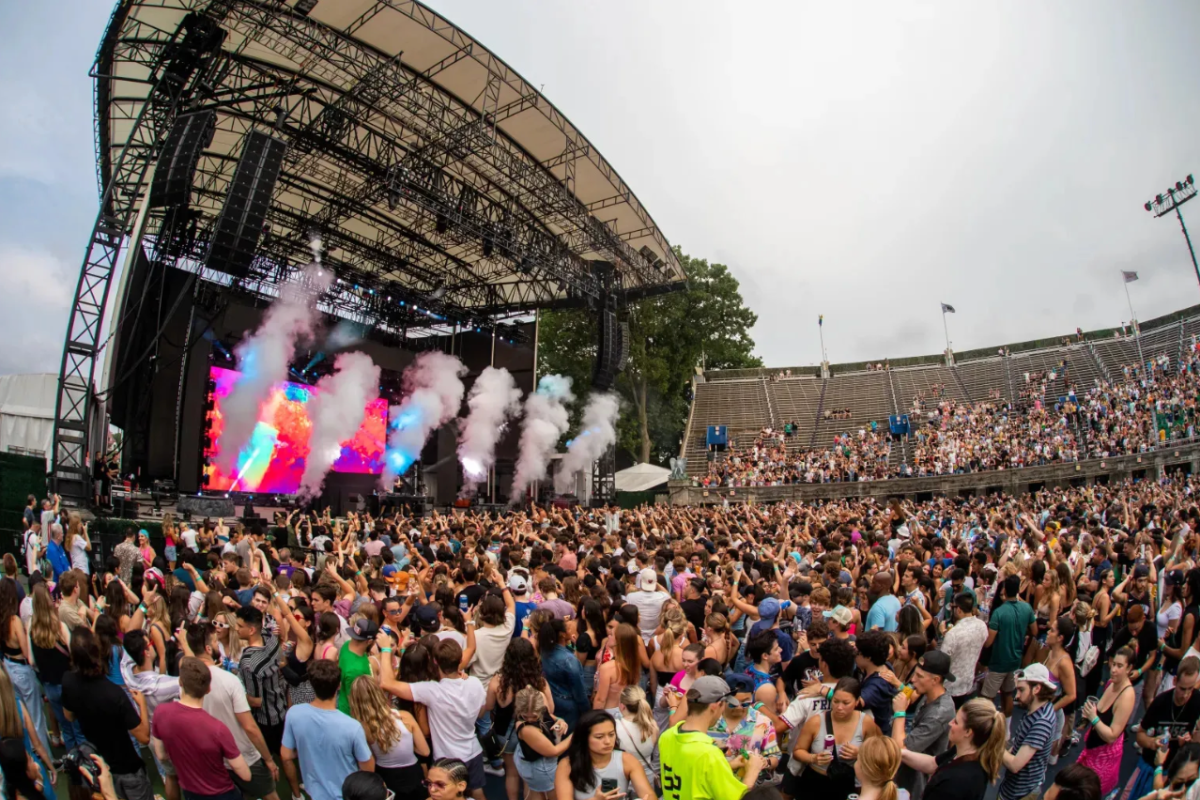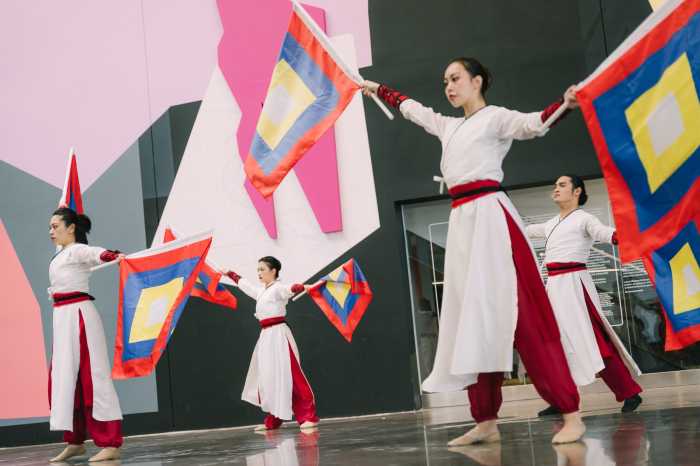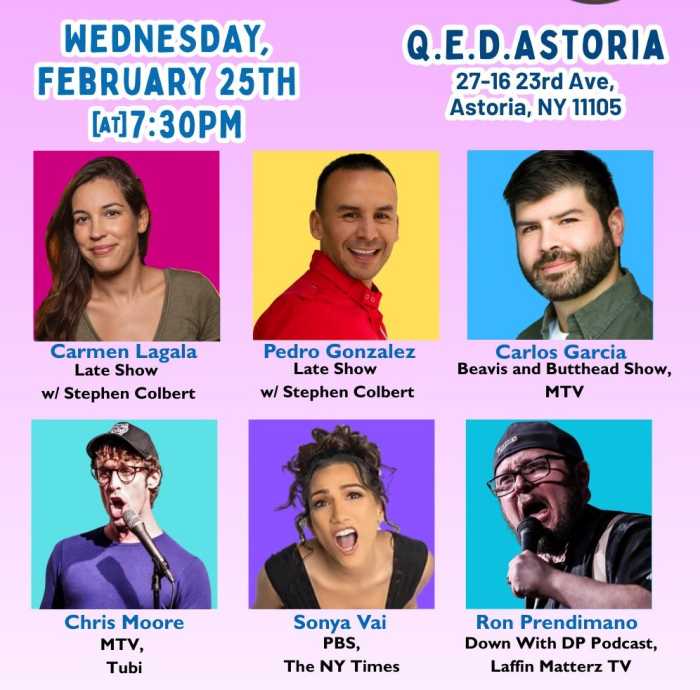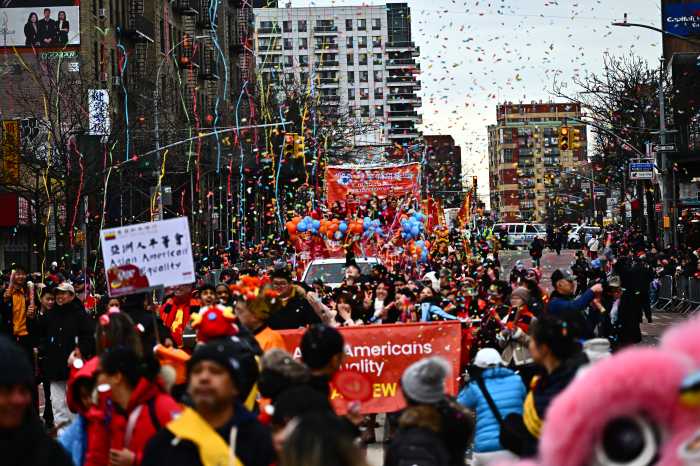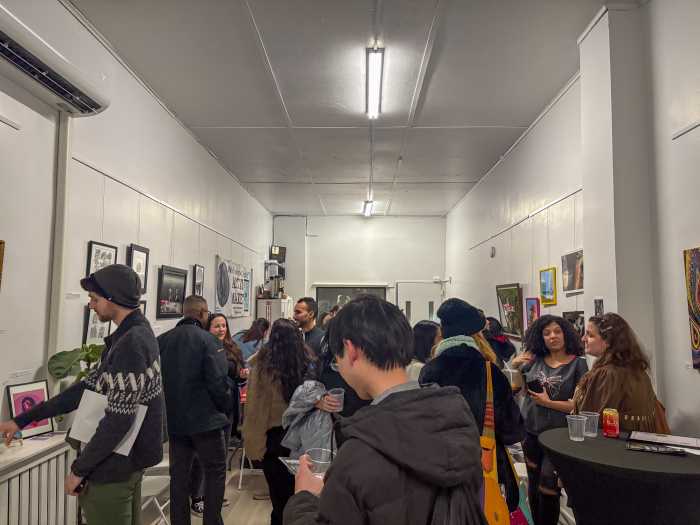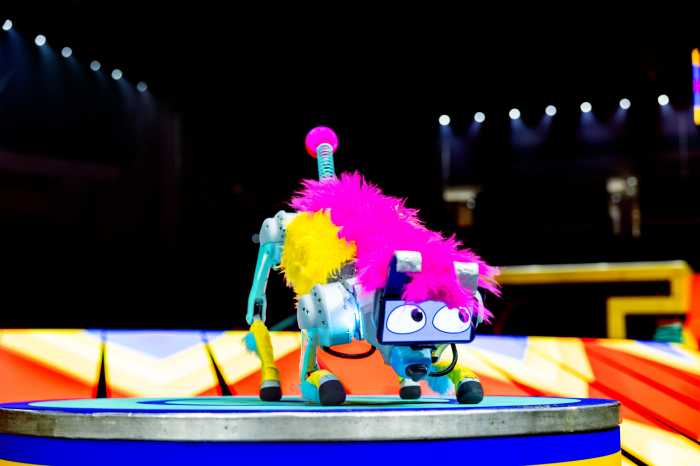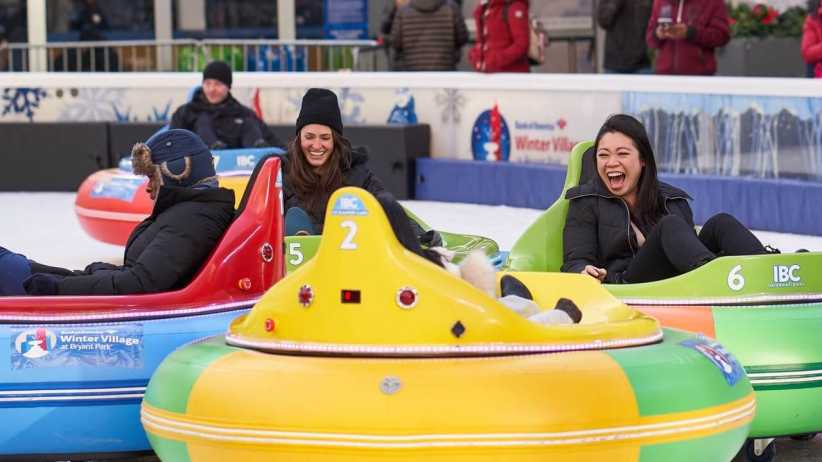A State Supreme Court Justice required the operators of Forest Hills Stadium to reduce their noise pollution in compliance with the city’s noise code before the start of its outdoor concert season.
The stadium, which is being leased to TieBreaker Productions by the historic West Side Tennis Club until 2034, must now obtain a permit from the NYPD to use sound amplification tools during concerts. The April 10 order also required an independent organization to monitor noise levels emitted from the stadium, which the court will need to approve of.
The order was based on a lawsuit filed against the club by the Forest Hills Gardens Corporation, representing a large number of homeowners living around the stadium. In affidavits submitted in the lawsuit against West Side Tennis Club, residents explained how they believed their quality of life decreased as concerts increased in regularity in recent years.
In addition to the noise that residents say causes their apartments to vibrate, local homeowners also explained that concertgoers trespassing on their properties is a major inconvenience of living near the stadium.
Last month, State Supreme Court Judge Joseph J. Esposito sided with the residents and ordered measures to reduce the volume emitted during concert nights. Prior to the Judge’s order, an expert obtained by FHGC found that the overly debilitating noise that residents complained of was 100 times the legal limit for residential areas set by the city.
“There was no evidence of record that playing of music louder than permitted by law was a significant and necessary part of the stadium’s operation and income,” read Justice Esposito’s order.
The expenses associated with noise monitoring will fall on FHGC, not the stadium. However, the independent agency will provide noise readings after each show for both parties.
While some nearby residents have said that they do not mind the concerts, given that residents closest to the stadium receive free concert tickets and other perks, those who led the lawsuit were content with the judge’s decision.
“Our community was forced to sue the West Side Tennis Club after the club and its for-profit concert operator, Tiebreaker, brazenly refused to coordinate with us over the use and closure of streets, noise levels, concert logistics and TRIPLING the original number of events they promised when concerts returned to the stadium ten years ago after a halt of over a decade,” said Forest Hills Gardens Corporation Board of Directors President Anthony Oprisiu in a statement.
Judge Esposito’s order noted that sound mitigation work has been underway ahead of the season’s start and is expected to be in place before the first concert, scheduled for May 4.
“We’re appreciative that the court heard our concerns and made this decision. We look forward to working with West Side Tennis Club, Tiebreaker, city agencies, and City Hall to ensure 2024 events follow the law and demonstrate more respect towards our community while the remainder of this important lawsuit is resolved by the Court,” added Oprisiu.
As for complaints about concertgoers trespassing on properties leading to the stadium, Judge Esposito said that the stadium must create and implement a plan that utilizes barricades to prevent visitors from straying off the route. He denied a request for the NYPD to get involved with security planning, citing that it would be “improper” for the court to “order such relief” even if it could be a “partial solution.”
During concert days, the streets owned by FHGC are shut down to allow concertgoers to pass from public transportation to the stadium easily. Prior to the 2023 season, this shutdown was allowed to manage crowds in partnership with the stadium, which organized cleanup efforts after concerts and security during.
In his order, Judge Esposito added that the stadium is “further directed to engage with security personnel operations to ensure that concertgoers follow the assigned route to enter and exit the Stadium vicinity.”
Another lawsuit against West Side Tennis Club, led by Concerned Citizens of Forest Hills, was thrown out earlier this month. While the defendants had similar complaints about a reduction in their quality of life as a result of increased concerts, their suit called for an end to concerts at the stadium rather than a decrease in noise output.
Justice Robert I. Calores said that local residents “failed to establish that the noise from the stadium is unreasonable,” noting that in some affidavits, the plaintiff claimed that the noise was disruptive to their sleep, while others claimed no noise disturbances.
“It is not clear·to the Court how two neighbors could have such extraordinarily different experiences,” the order read.
But despite denying the plaintiffs motion for various reasons, the court ordered the stadium to continue working with the NYPD and DEP, which jointly enforce the noise code, and continue ongoing noise mitigation efforts.
The first concert of the season is scheduled for May 4. Throughout the summer and until the end of October, dozens of other shows, including DJ Tiesto, Hozier, and Pitbull, are scheduled.

